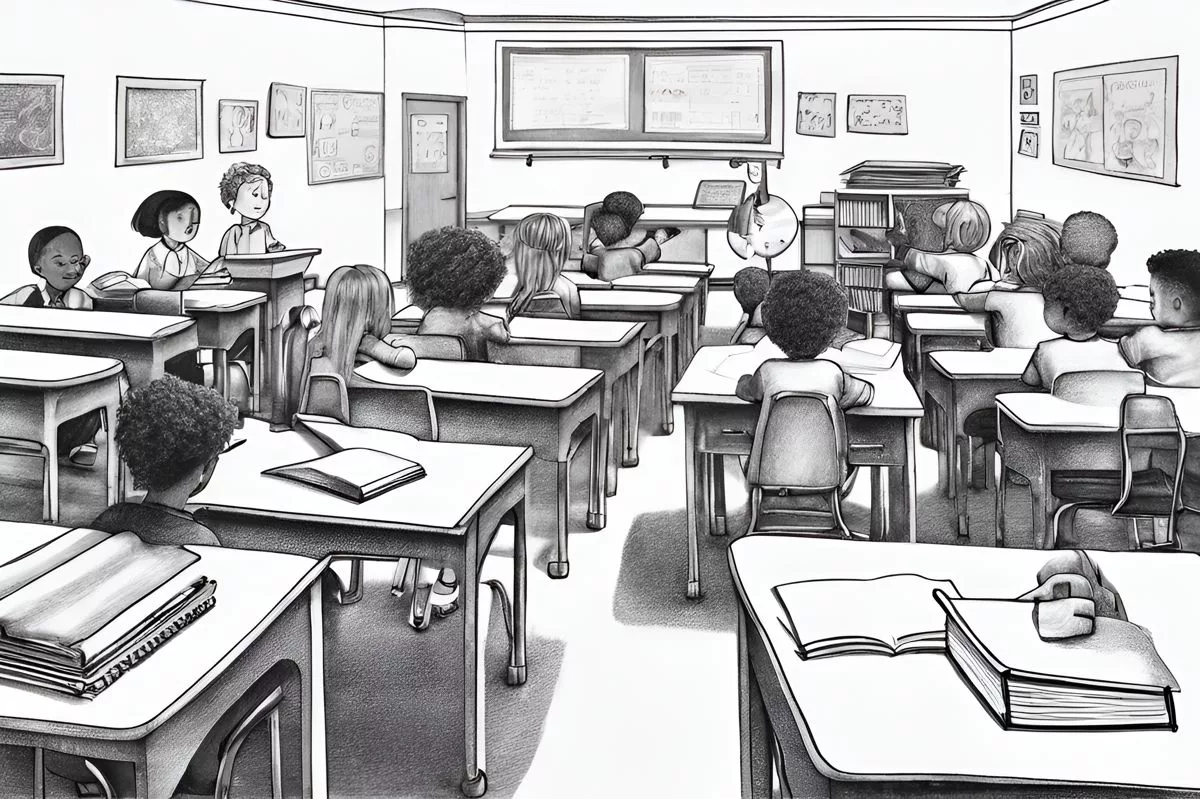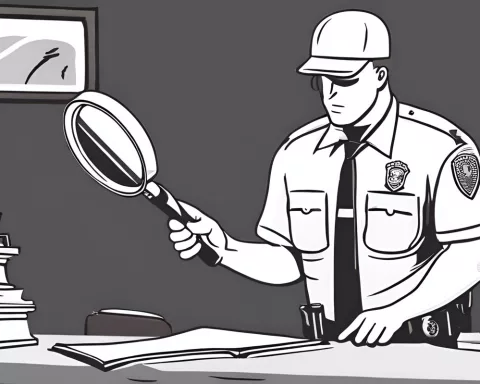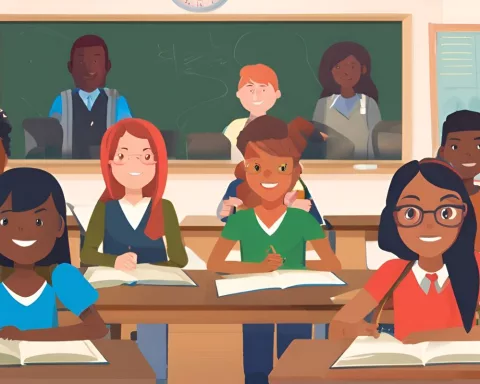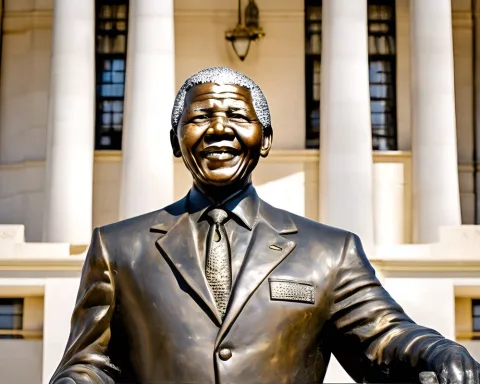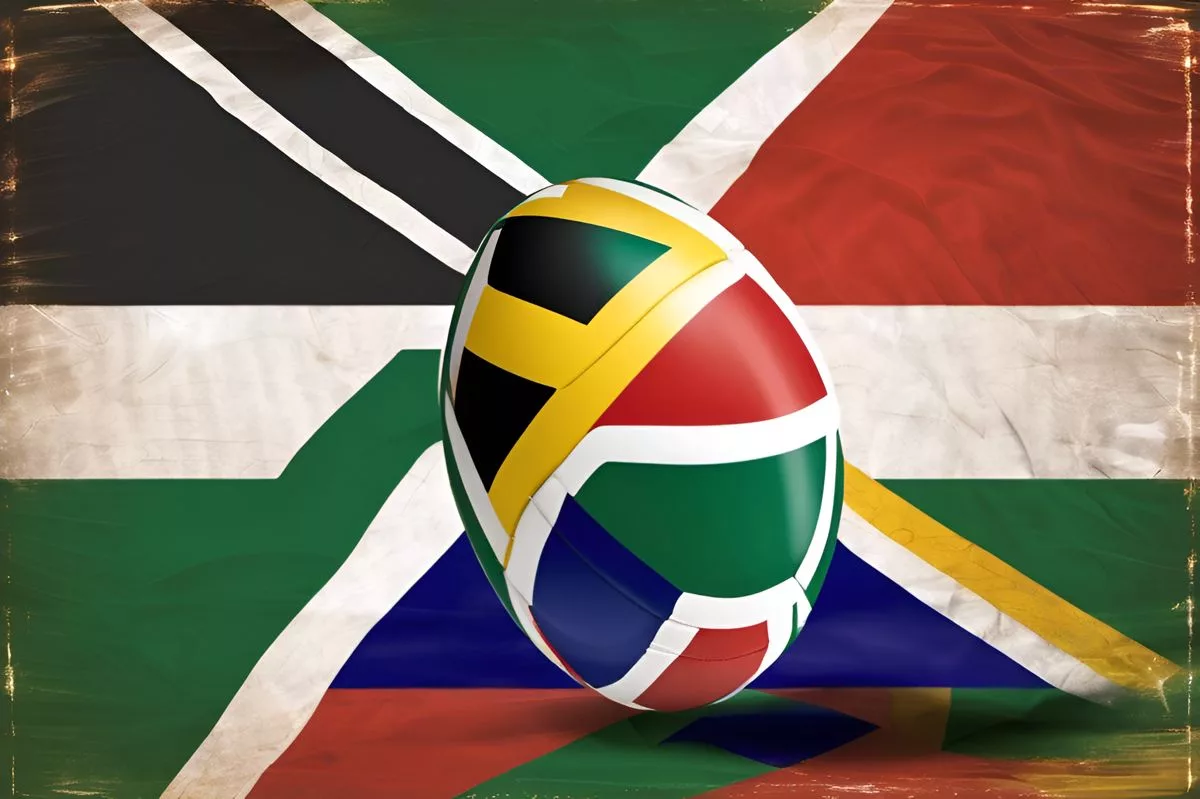The 2024 Sector Lekgotla in South Africa is a significant event in the country’s pursuit of academic excellence. Led by Basic Education Minister Angie Motshekga, the event integrates insights from international and regional assessments to improve the quality of elementary education. The Lekgotla signifies a shared commitment to carve a future for South African education that is anchored in equity, efficiency, quality, inclusivity, and sustainability, and offers a platform to envisage a future for South African education typified by these values. The event is addressed by the honorable President Cyril Matamela Ramaphosa, whose distinguished political career serves as an inspiration to participants.
Ushering a Transformation in South Africa’s Basic Education: The 2024 Sector Lekgotla is a pivotal event in the nation’s pursuit of academic excellence. Led by Basic Education Minister Angie Motshekga, the Lekgotla integrates insights from international and regional assessments to improve the quality of elementary education. The event signifies a shared commitment to carve a future for South African education that is anchored in equity, efficiency, quality, inclusivity, and sustainability.
Section 1: An Auspicious Beginning to a Milestone Event
As morning light bathes the Birchwood Hotel & OR Tambo Conference Centre, the 2024 Basic Education Sector Lekgotla commences. The event, led by Angie Motshekga, the Basic Education Minister of South Africa, signifies a pivotal point in the nation’s pursuit of academic prowess. It is a reflection of the shared commitment to inject new life into the trajectory of the country’s basic education by integrating insights derived from international and regional assessments.
Minister Motshekga lays emphasis on a crucial reality: the quality of elementary education has a dramatic influence on Grade 12 outcomes, thereby sculpting the nation’s future. Deciphering data from primary education evaluations like SACMEQ (Southern and Eastern Africa Consortium for Monitoring Educational Quality) and PIRLS (Progress in International Reading Literacy Study) can sometimes pose more difficulties than examining outcomes of the TIMSS (Trends in International Mathematics and Science Study). However, both categories of assessments tell a congruent story: there have been enhancements in primary education comparable to those observed in the TIMSS data.
Section 2: Decoding Educational Assessment Data
In the case of SACMEQ data, it shows a yearly increase of 0.06 standard deviations in Grade 6 Math performance between 2007 and 2013. Contrarily, TIMSS data reveals a slightly higher improvement of 0.07 standard deviation in Grade 9 Math from 2002 to 2019. PIRLS data also mirrors an analogous yearly progress in Grade 4 reading from 2006 to 2016.
Contradicting media claims, the roughly 80% of South African learners who do not meet the low global PIRLS benchmark does not imply an absolute lack of literacy. These learners do exhibit differing levels of reading ability, with an impressive 93% of 2016’s PIRLS participants showcasing fundamental comprehension skills.
When juxtaposed with Morocco, another developing country participating in PIRLS and TIMSS, South Africa displays significant strides in education, although trailing by approximately five years in reading capabilities. However, the stagnation in Grade 4 Math performance from 2015 to 2019, even pre-pandemic, raises alarm. The potential consequences of budgetary restrictions, potentially leading to higher learner-teacher ratios and larger class sizes, could serve as a plausible explanation.
Section 3: Anticipating Future Assessments and Challenges
The year 2024 marks the revelation of outcomes from various global assessments, acting as critical indicators of the nation’s progress in the education sector. The Teaching and Learning International Survey (TALIS) will provide insights into the complexities and obstacles encountered by educators. The forthcoming main study is expected to offer invaluable guidance for refining teaching strategies and learning environments.
The Southern and Eastern Africa Consortium for Monitoring Educational Quality (SEACMEQ) V study, which includes around 7000 learners from 314 schools, will afford a thorough analysis of educational results. The much-awaited results will inform tactics to elevate learner accomplishment.
As the Fourth Industrial Revolution is already in motion, the mission expands beyond traditional education confines. Learners are equipped not merely for existing jobs but for the demands of the future, where critical thinking, creativity, and adaptability are paramount. In this light, the Lekgotla offers a platform to envisage a future for South African education typified by equity, efficiency, quality, inclusivity, and sustainability.
Section 4: A Look at Inspirational Leadership
Minister Motshekga concludes her speech by introducing the honorable President Cyril Matamela Ramaphosa. Born on November 17, 1952, in Johannesburg, Ramaphosa’s journey from being a law student to a political activist, to the President of the Republic is remarkable. His political involvement dates back to the 1970s, marked by his detentions for organizing pro-Frelimo rallies and following the Soweto student Uprising.
He played a instrumental role in the country’s transition to democracy, leading the ANC team that negotiated the shift. After the 1994 democratic elections, he chaired the Constitutional Assembly responsible for drafting South Africa’s democratic constitution. His journey in the corporate world, his subsequent appointments as Deputy President and President, and his re-election as the President of the ANC in December 2022, contribute to his distinguished political career.
As the 2024 Basic Education Sector Lekgotla progresses, its participants—Ministers, Deputy Ministers, MECs, HoDs, and representatives from political parties, teacher unions, higher education institutions, educational organizations, civil society, and businesses—are reminded of their mission. They are encouraged to ponder over the future of basic education in South Africa, guided by the wealth of data from international and regional assessments and a shared vision to exceed global standards.
In essence, the 2024 Basic Education Sector Lekgotla is not just an event. It symbolises a beacon of hope, a catalyst for transformation, and a testament to the shared dedication to carve a future for South African education that is anchored in equity, efficiency, quality, inclusivity, and sustainability.
1. What is the 2024 Sector Lekgotla in South Africa?
The 2024 Sector Lekgotla in South Africa is a significant event in the country’s pursuit of academic excellence. It is led by Basic Education Minister Angie Motshekga and integrates insights from international and regional assessments to improve the quality of elementary education.
2. What is the purpose of the 2024 Sector Lekgotla?
The purpose of the 2024 Sector Lekgotla is to improve the quality of elementary education in South Africa by integrating insights from international and regional assessments and to envision a future for South African education anchored in equity, efficiency, quality, inclusivity, and sustainability.
3. What assessments are used to evaluate South African education?
Assessments like SACMEQ (Southern and Eastern Africa Consortium for Monitoring Educational Quality), PIRLS (Progress in International Reading Literacy Study), and TIMSS (Trends in International Mathematics and Science Study) are used to evaluate the quality of South African education.
4. What are the achievements and challenges in South African education?
South Africa has shown progress in primary education, comparable to that observed in international assessments like TIMSS. However, stagnation in Grade 4 Math performance raises concerns, and budgetary restrictions could lead to higher learner-teacher ratios and larger class sizes.
5. What are the future assessments and challenges in South African education?
Future assessments like TALIS (Teaching and Learning International Survey) and SEACMEQ V study will provide insights into the complexities and obstacles encountered by educators and offer guidance for refining teaching strategies and learning environments. The mission expands beyond traditional education confines to equip learners for the demands of the future.
6. Who is the keynote speaker at the 2024 Sector Lekgotla?
The keynote speaker at the 2024 Sector Lekgotla is the honorable President Cyril Matamela Ramaphosa, whose distinguished political career serves as an inspiration to participants.

